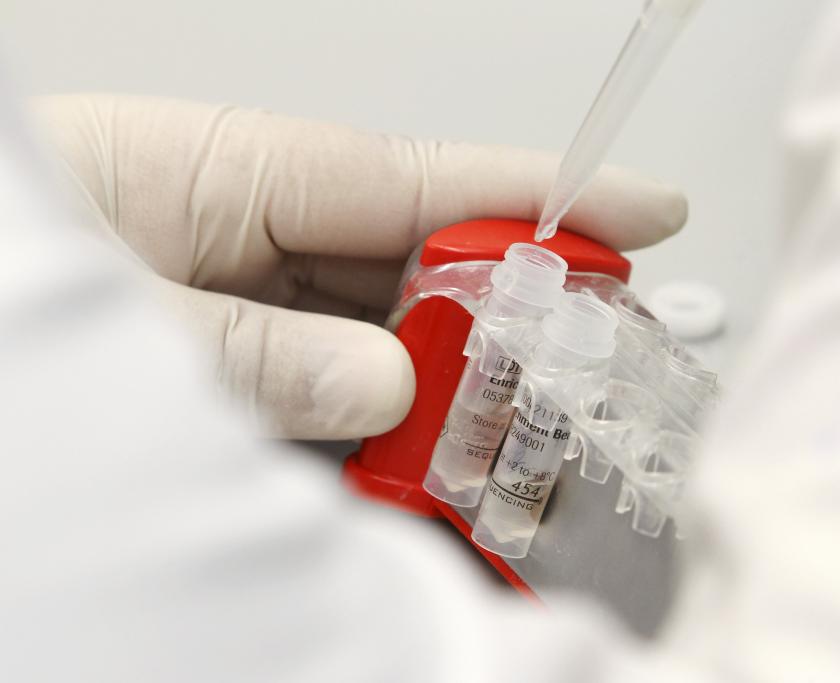
- The discovery can potentially lead to improvements in cancer prevention, diagnosis, and care
- This is the first study that has used whole-genome sequencing to evaluate a series of 258 cancer patients’ genomes to improve the ability to diagnose cancer-predisposing mutations
- “Whole-genome sequencing is a new genetic tool that can determine more of a person’s DNA sequence than ever before. Our results show that nearly 90 percent of clinically identified mutations were confidently detected and additional cancer gene mutations were discovered, which together with the decreasing costs associated with whole-genome sequencing means that this method will improve patient care, as well as lead to discovery of new cancer genes,” said Dr. Theodora Ross, Professor of Internal Medicine and Director of UT Southwestern’s Cancer Genetics Program